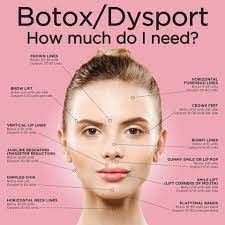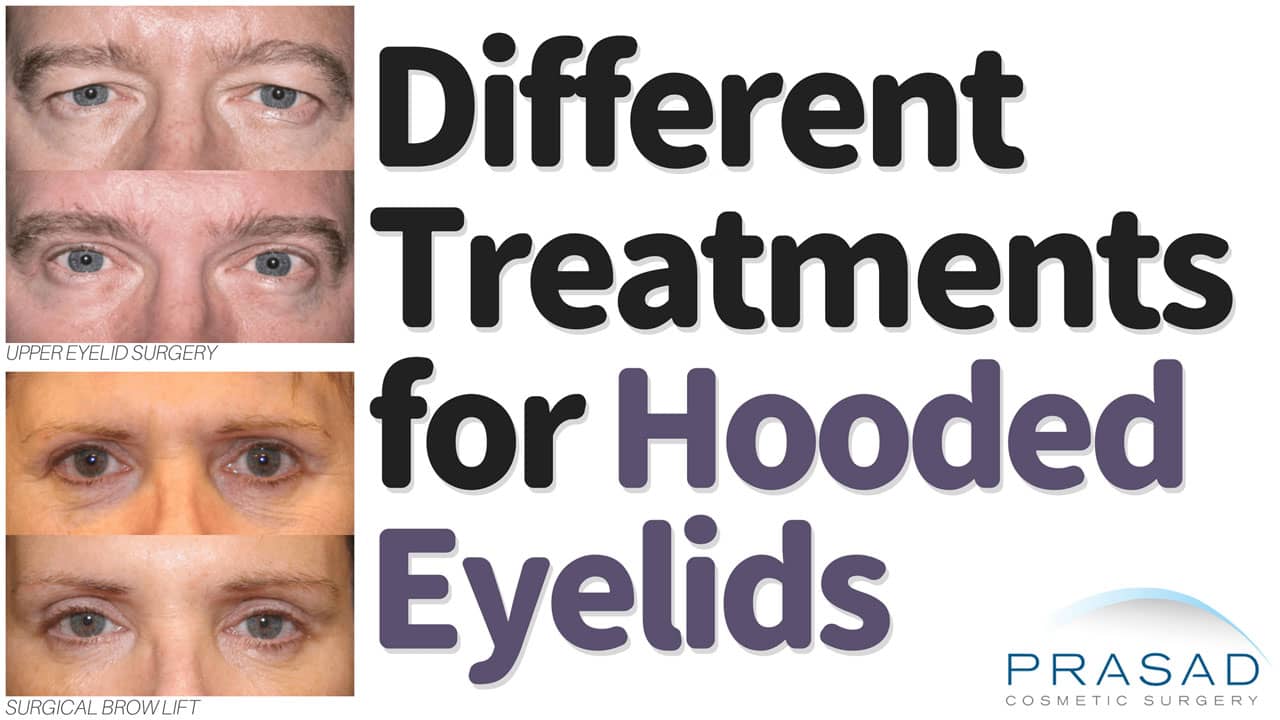
There are many treatments available to nasal septum puncture. We'll be discussing surgical options and non-surgical treatments, as well as side effects. We'll also talk about whether to use antihistamines, or go for surgery. If you are looking to avoid surgery, a home remedy is an excellent option. Talk to a doctor if there are any questions about the best treatment.
Non-surgical treatment
It's possible that you have noticed a hole or void in your nasal septum. While some people don't experience any symptoms, others may feel scabbing or bleeding. If you suffer from any of these symptoms, non-surgical treatments may be the best choice for you. The following are common treatment options in nasal septum peforation.

Options for Surgical Treatment
There are other options available for treating this condition, including surgical options for nasal septum piercings. These techniques aren't ideal, however, because they may result in infection or bleeding. The perforation may also re-open and require another surgery. Talk to your doctor if you are interested in a home treatment. Here are the pros and disadvantages of each type.
Side effects of surgery
There are many symptoms that can be caused by a perforated nasal septum. Although nasal bleeding is the most common, it can also lead to significant blood loss, crusting, and other complications. Chronic infections may also develop. Bleeding and crusting are signs of a perforated septum, which can interfere with normal breathing.
Antihistamines
Home treatment is not possible with the use of antihistamines to treat nasal septum perforation. In addition to preventing the inflammation and irritation caused by antihistamines, they may also cause a variety of side effects. Antihistamines can cause dryness and irritation, as well as a sore throat and a whistling sound.

Steroid sprays
Two main types of treatment are available for nasal septum puncture: topical ointments and surgical treatment. Both can treat symptoms, while the former can be used to fix the problem permanently. Before beginning any treatment, you should talk with your doctor about your options. If used correctly, nasal ointments can help regulate your breathing and keep your septum moist. They may contain harmful ingredients.